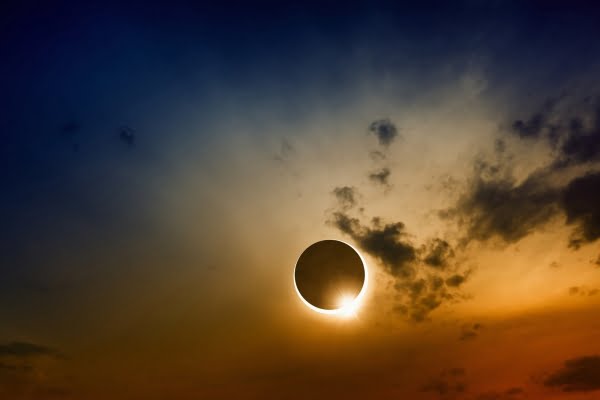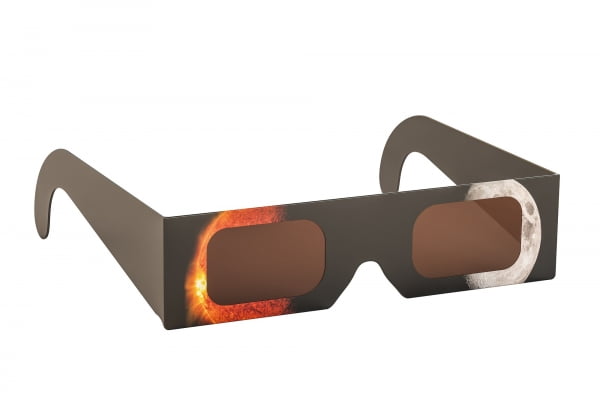
How Protective Glasses Offer You the Best View of the Eclipse
The entire country is preparing for the rare opportunity to see a total eclipse on Monday, August 21st. NASA has been grooming Americans for months on the safest way to look at the sun, and where they can go to get the best view the moment the moon blocks the sun from sight. It’s said that the eclipse will last up to 2 minutes and 40 seconds in some regions of the United States.
Whether you’re in the direct line of the total eclipse or are set to see just a partial eclipse, you will need to wear solar-filtered glasses to protect your retina, and this does not include sunglasses. Without the proper eyewear, you won’t be able to view the eclipse without risking permanent damage to your eyes. Multiple chains such as 7-Eleven, Walmart and Lowes are selling these “eclipse glasses,” to give everyone the chance to see this extraordinary occurrence. Make sure the eyewear you purchase has “ISO 12312-2.” You may want to buy these glasses as soon as possible because many stores have already sold out.
The only time it’s safe to remove these glasses is during the total eclipse, and you should put them back on as soon as you notice light rays again. However, your glasses should remain on the entire time if you’re in the path of a partial eclipse. Our retina specialist knows how easy it is for eye damage to progress and cause lasting harm. In some cases, eye surgery is needed to preserve your eyesight.
How Does the Sun Damage the Eyes?
Your retina is located at the back of your eye. The cells of your retina sense incoming light and transmit signals via the optic nerve to your brain where it’s converted into images. Staring at the sun causes your retina to be overstimulated, leading to temporary to permanent damage to your retina known as solar retinopathy. Solar retinopathy is a real concern for millions of Americans planning to glimpse the eclipse, and even pets can have vision damage.
What’s more, solar retinopathy rarely causes pain, so you may not notice how much harm the sun has caused until later. In most cases, solar retinopathy does not cause lasting eye injury, but it can take up to 12 months for your vision to stabilize, and even then, the damage could be permanent.
Symptoms of solar retinopathy include:
- Center vision blind spots
- Watery, sore eyes
- Difficulty looking at bright lights
- Distorted objects
- Problems focusing on objects
- Trouble discerning details

It’s never safe to look directly at the sun without the proper filter, even if you’re looking through a telescope or binoculars. You can enjoy the eclipse without worrying about solar retinopathy by purchasing approved ISO 12312-2 filtered glasses, telescopes, binoculars or even a homemade pin-hole apparatus.
Our eye doctors at the Northeastern Eye Institutes hope you enjoy the upcoming eclipse, and remember to schedule your annual eye exam with one of our skilled eye doctors at 855-204-6888. We serve patients in Scranton, Wilkes-Barre, Hazleton and surrounding Pennsylvania areas.